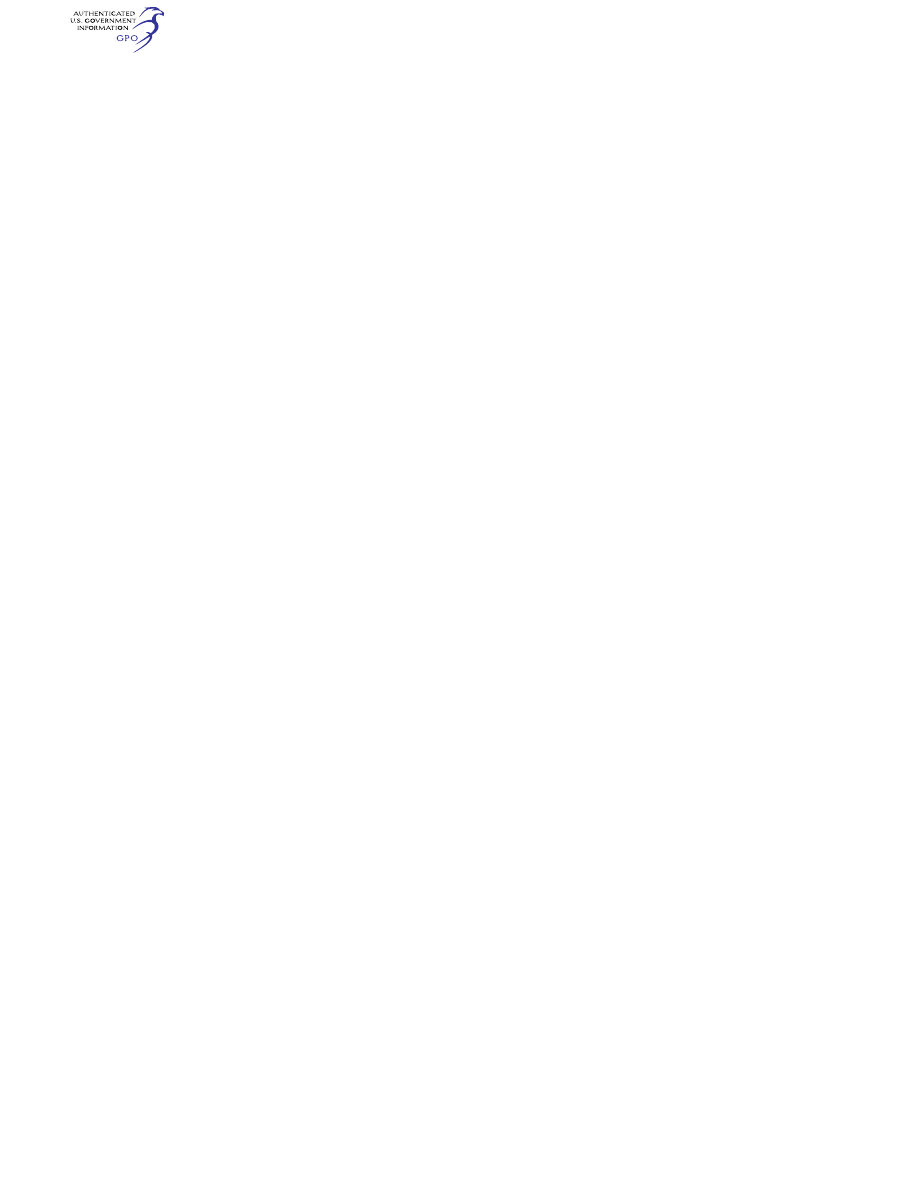
520
14 CFR Ch. I (1–1–24 Edition)
§ 27.755
(2) The vertical loads prescribed in
§ 27.521(a), distributed along the length
of the bag over three-quarters of its
projected area.
(b)
Rigid floats. Each rigid float must
be able to withstand the vertical, hori-
zontal, and side loads prescribed in
§ 27.521. These loads may be distributed
along the length of the float.
§ 27.755
Hulls.
For each rotorcraft, with a hull and
auxiliary floats, that is to be approved
for both taking off from and landing on
water, the hull and auxiliary floats
must have enough watertight compart-
ments so that, with any single com-
partment flooded, the buoyancy of the
hull and auxiliary floats (and wheel
tires if used) provides a margin of posi-
tive stability great enough to minimize
the probability of capsizing.
P
ERSONNEL AND
C
ARGO
A
CCOMMODATIONS
§ 27.771
Pilot compartment.
For each pilot compartment—
(a) The compartment and its equip-
ment must allow each pilot to perform
his duties without unreasonable con-
centration or fatigue;
(b) If there is provision for a second
pilot, the rotorcraft must be control-
lable with equal safety from either
pilot seat; and
(c) The vibration and noise charac-
teristics of cockpit appurtenances may
not interfere with safe operation.
§ 27.773
Pilot compartment view.
(a) Each pilot compartment must be
free from glare and reflections that
could interfere with the pilot’s view,
and designed so that—
(1) Each pilot’s view is sufficiently
extensive, clear, and undistorted for
safe operation; and
(2) Each pilot is protected from the
elements so that moderate rain condi-
tions do not unduly impair his view of
the flight path in normal flight and
while landing.
(b) If certification for night oper-
ation is requested, compliance with
paragraph (a) of this section must be
shown by ground or night flight tests.
(c) A vision system with a trans-
parent display surface located in the
pilot’s outside field of view, such as a
head up-display, head mounted display,
or other equivalent display, must meet
the following requirements:
(1) While the vision system display is
in operation, it must compensate for
interference with the pilot’s outside
field of view such that the combination
of what is visible in the display and
what remains visible through and
around it, allows the pilot compart-
ment to satisfy the requirements of
paragraphs (a)(1) and (b) of this sec-
tion.
(2) The pilot’s view of the external
scene may not be distorted by the
transparent display surface or by the
vision system imagery. When the vi-
sion system displays imagery or any
symbology that is referenced to the im-
agery and outside scene topography,
including attitude symbology, flight
path vector, and flight path angle ref-
erence cue, that imagery and sym-
bology must be aligned with, and
scaled to, the external scene.
(3) The vision system must provide a
means to allow the pilot using the dis-
play to immediately deactivate and re-
activate the vision system imagery, on
demand, without removing the pilot’s
hands from the primary flight and
power controls, or their equivalent.
(4) When the vision system is not in
operation it must permit the pilot
compartment to satisfy the require-
ments of paragraphs (a)(1) and (b) of
this section.
[Doc. No. 5074, 29 FR 15695, Nov. 24, 1964, as
amended by Docket FAA–2013–0485, Amdt. 27–
48, 81 FR 90170, Dec. 13, 2016; Docket FAA–
2016–9275, Amdt. 27–50, 83 FR 9423, Mar. 6,
2018]
§ 27.775
Windshields and windows.
Windshields and windows must be
made of material that will not break
into dangerous fragments.
[Amdt. 27–27, 55 FR 38966, Sept. 21, 1990]
§ 27.777
Cockpit controls.
Cockpit controls must be—
(a) Located to provide convenient op-
eration and to prevent confusion and
inadvertent operation; and
(b) Located and arranged with re-
spect to the pilots’ seats so that there
is full and unrestricted movement of
each control without interference from
VerDate Sep<11>2014
09:06 Jun 28, 2024
Jkt 262046
PO 00000
Frm 00530
Fmt 8010
Sfmt 8010
Y:\SGML\262046.XXX
262046
jspears on DSK121TN23PROD with CFR